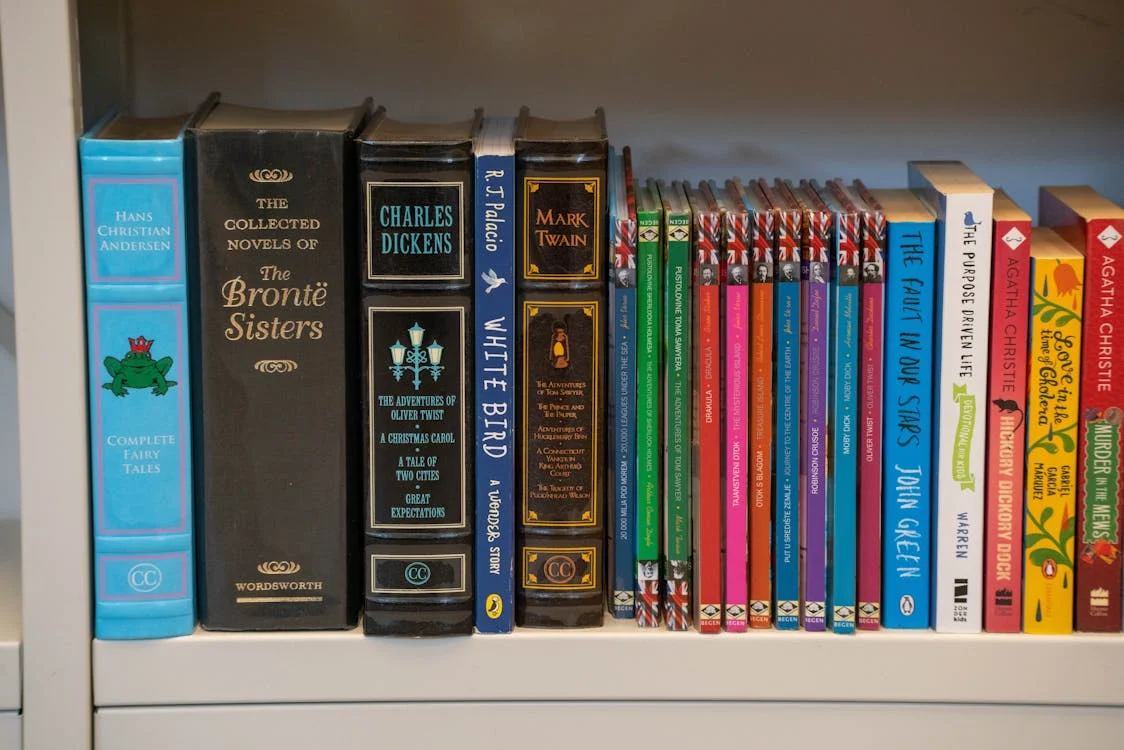
With the exams around the corner, and mock tests piling on, it might feel like you’re overwhelmed with all the studying. You don’t even know where to begin. Whether you’re someone who prepares throughout the year or opens their textbooks the week before (try the night before) the exam pressure is real.
Although we don’t recommend last-minute studying, we’re here for sure to guide you through the exam period. Through this blog post, we hope to give you useful tips to help you with mock exam prep for IB History.
But before that,
Why are mock exams important?
Consider your mock exams to be your dress rehearsal before showtime. There is no better way to prepare yourself for the exam than to appear for the mocks a few months in advance. The class setting and exam time, along with your study schedule will let you test the waters and prepare you not just for your predicted score but also hint at how you should be studying for the main exams.
This way you would know where and how you can improve your study methods, what your weaknesses are, how much time should you give to subjects and specific modules, and what time you’d prefer studying – the list is long.
Now that we’ve explained the benefits of the mocks, let’s move on to our top tips:
1. Review your syllabus

Let’s be clear about one thing – the IB will never ask you questions outside the syllabus. The wording might be different from what your teacher has taught you, but it would be the same in its core. Hence, review your syllabus well in advance before you plan your study schedule.
What you can do is, scroll down to the syllabus content in your IB History Guide (2022) where you’ll find a list of everything that you could be tested on in the exam. This list is the key to preparing you well, and before you begin studying you must plan a proper schedule keeping the syllabus content in mind.
2. Make concise notes

Are your mock exams starting next week? Writing pages worth of notes just a few days before your IB History exam may not be the best idea. Note-making is often a topic of controversy, with proponents claiming that handwritten notes are more beneficial than skimming. Opponents of this theory think it’s just a waste of time, and that reading and understanding is key to retaining memory.
At Young Scholarz, we recommend taking notes but not writing pages and pages of information. You must take time to understand the content and write extremely short, concise notes in the form of bullet points – list the important dates, names, and events in order. Understanding the context and chronology is also crucial to retaining memory.
3. Focus on quality and not quantity

One main issue that we’ve seen students face with IB History is that they see it as a cumbersome task to learn and memorize numerical facts and figures. Why don’t we just look at history like a bunch of stories instead?
The main purpose of history was never to assess your spectacular memory skills. The purpose is to see how well you understand the events in history, and how this information can be used for the future. So, while studying the subject, don’t just focus on how many chapters you’ve completed, but learn to build perspectives and analyze these historical events.
Perspective and analysis form the basis of most questions in IB History.
4. Avoid overstudying

Yes, there is something called overstudying. If your IB History mock exam is tomorrow – and you’ve studied 90 percent of your portion – take a breather. There’s only so much you can do. If you spend the last few hours learning new information, there’s little chance you might remember it while writing the paper.
Instead, this is the point you should start revising. Go through your notes, skim through the questions, and revise what you already know. If you have revision guides, browsing through them will also help you process information from an experienced perspective.
You can also use the official learning resources on the IBO website.
5. Practice past papers

This is the most important step that we highly recommend. While preparing for absolutely any subject, you must must must practice the previous papers. It’s 2024 and the most recent syllabus began their examinations from the year 2020 onwards. That gives you 4 years’ worth of practice papers to prepare from.
Apart from that, you can also look at the older papers and skim out relevant questions concerning the current syllabus. The ideal place to look for past papers is by purchasing IB papers from the official IB store. After you’ve studied one chapter, attempt the relevant questions from the past papers on that chapter right away. Organize your practice papers topically, so you can gain a deeper understanding of the common themes and question patterns throughout the past years.
If you need guidance not just in learning, but in writing and practising past papers, you can also register with us for solo sessions in IB History.
Our teachers curate questions from past papers, along with mock test papers for you. We mark them with detailed feedback for you as well, whether it’s a 6-marker, 8-marker, or 16-marker structure.
6. Highlight your errors

Practising papers is not the end of your studying journey. You need to look at the mark schemes to understand what more you can add. If you’re practising past papers by making answer plans and not writing complete essay answers, then you must also add in the points from the mark scheme next to it in another ink. This will help you understand how you can write and include the points from the mark scheme if a similar question is asked in your exam. By the end of it, you may have learned the core information from the mark schemes itself!
It may sound easy to self-assess for IB History, but it may not always be a sure-shot way of improving errors. If you need not just guidance and support, but also detailed, nuanced feedback, you can always submit your papers to us for marking. Apart from tutoring and guiding our young scholars, we also provide services such as paper marking to students who don’t wish to join our classes.
7. And lastly, don’t panic

You’ve done your best now. You’ve spent the entire year studying and preparing for your IB Diploma. No matter what score you get, remember that this is not the end of the world for you.
This being a mock exam is yet another chance for you to improve and study better for the examinations in May. As you inch closer to the exams, there may be a certain level of panic and anxiety that piles on. But if you’ve studied well and studied smart, then there should be no reason to panic.
Nevertheless, you can always approach us for guidance outside the academics, through personal counseling.
As always, we wish you good luck with your IB Mocks!





